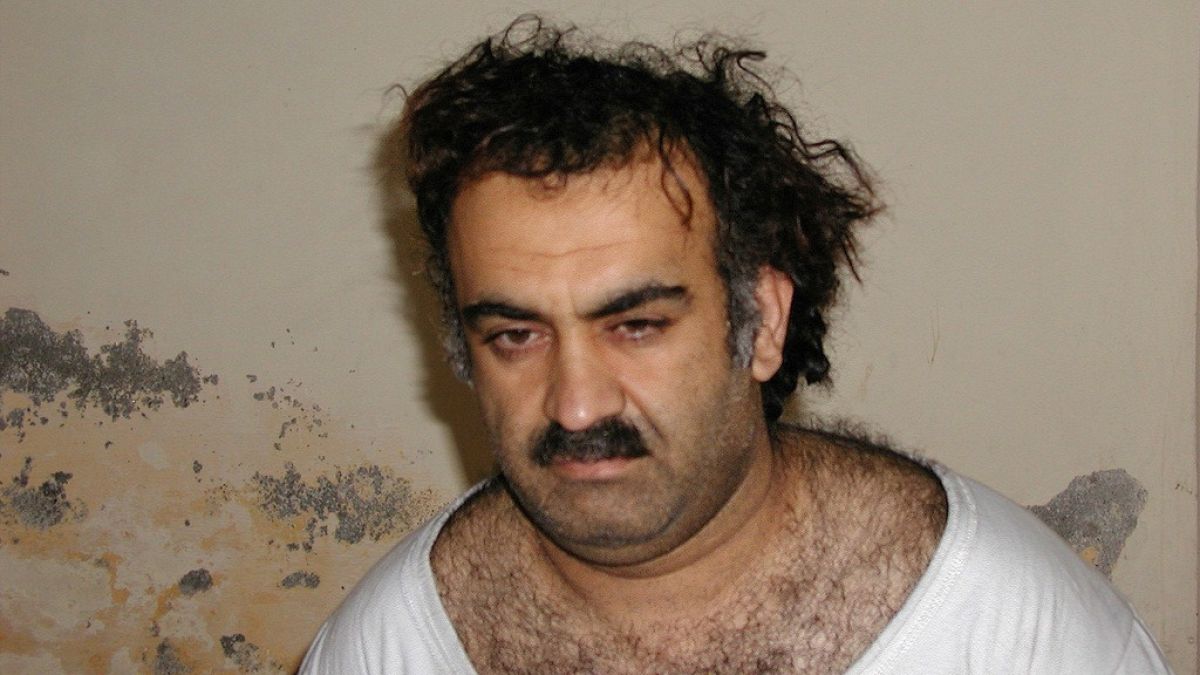

In a world marked by complex geopolitical landscapes, recent events offer glimpses into significant developments globally. With a focus on the US judicial process, West Bank tensions, and the dynamics in Gaza, each scenario presents a tapestry of intricate narratives that influence regional and international relations.
A notable judicial decision emerged from the United States as an appeals court overturned a plea deal involving Khalid Sheikh Mohammed, the alleged mastermind of the 11 September 2001 terror attacks. Captured in Rawalpindi, Pakistan, in March 2003, Mohammed has since been detained at Guantanamo Bay. The court’s decision underlines the painstaking process of justice in cases of such historical magnitude, where balancing legal imperatives and moral considerations remains a challenge. This development reflects the ongoing journey toward achieving closure and justice for the victims and those impacted by the tragedy, while exemplifying the procedural complexities of high-profile cases.
In the Middle East, tensions continue to simmer as illustrated by a deeply troubling event in the West Bank. A young Palestinian-American, Sayfollah Musallet, tragically lost his life during a visit intended to reconnect with family. Reports suggest that Musallet was severely beaten by Israeli settlers near his family’s farm close to Ramallah. An alleged delay in medical assistance, reportedly hindered by the same group, further compounded the tragedy. This incident accentuates ongoing challenges faced by families and individuals in conflict zones, underscoring the critical need for peaceful resolutions and empathy-driven dialogue to heal longstanding divisions.
Meanwhile, in Gaza, the Palestinian militant group Hamas has signaled a shift in its strategic focus as it grapples with depleting resources. Determined to regain bargaining power, the group now eyes the capture of Israeli soldiers as a means to strengthen its position in negotiations. An isolated incident last week reveals the heightened focus of Hamas, as an attempt to abduct an Israel Defense Forces sergeant in Khan Younis resulted in the soldier’s death. Efforts to seize the remains were thwarted by the swift intervention of Israeli forces. This evolving strategy from Hamas highlights the dynamics of conflict in Gaza, where acts of desperation intertwine with broader geopolitical objectives, reflecting both immediate tactical needs and long-term aspirations in the region.
These stories, though distinct in nature, are woven together by the common threads of conflict and pursuit of resolution. They remind us that amidst tensions and adversities, there are opportunities for dialogue, understanding, and, ultimately, peace. Whether through justice systems, diplomatic engagements, or grassroots dialogues, the quest for sustainable peace and coexistence continues to be a shared goal for many around the globe.
As we remain mindful observers to these evolving narratives, the importance of compassion and committed communication cannot be overstated. These elements are crucial as they serve as the building blocks for a future grounded in harmony and mutual respect. In reflecting on these stories, we are invited to consider the broader implications of conflict resolution and the enduring resilience of the human spirit in striving for a better, more peaceful world.
Source: {link}
